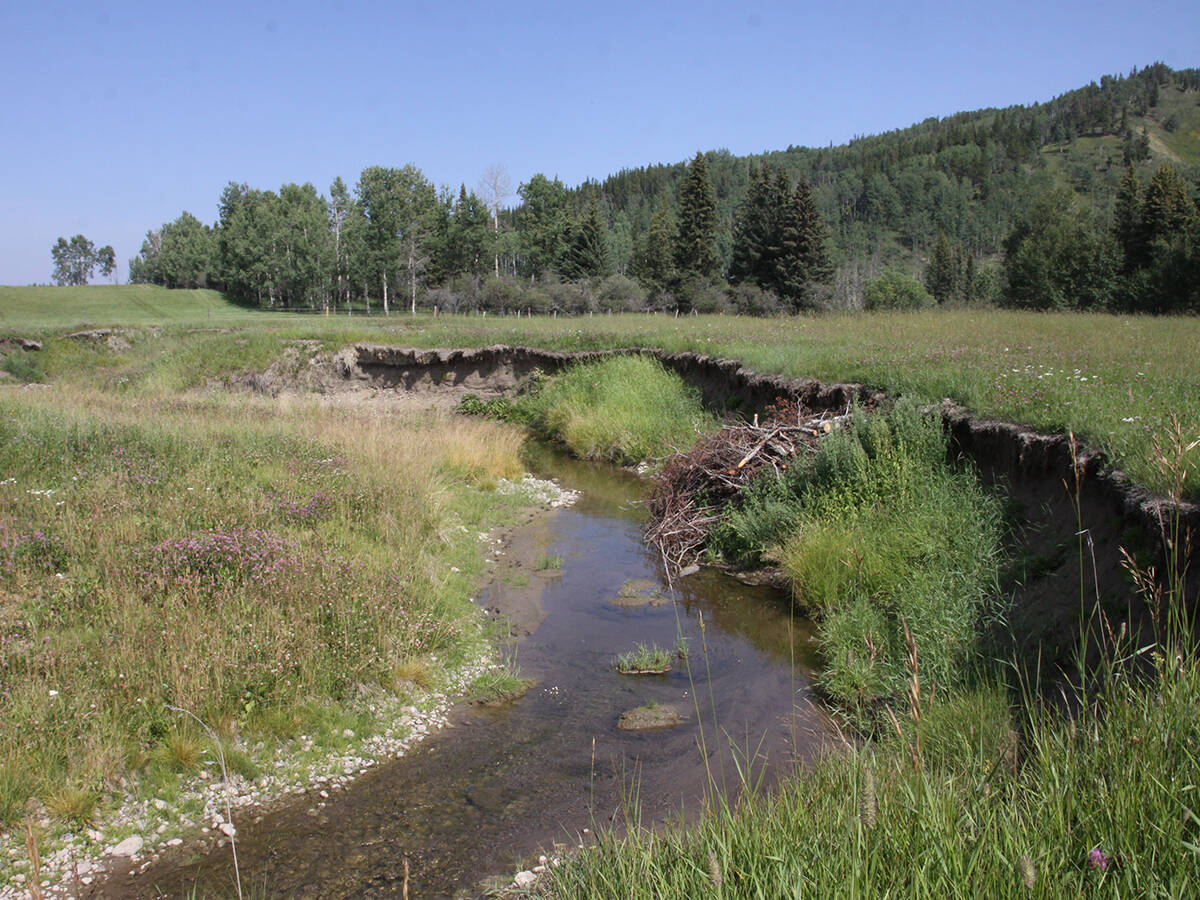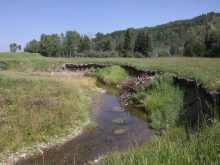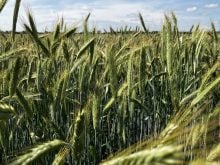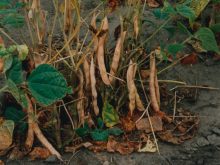Ducks Unlimited Canada’s decision to sell 16 parcels of land in Saskatchewan is part of a new process that will see conserved land returned to farmers.
Under an as yet unnamed program, Ducks Unlimited will buy land, place a conservation easement on it, restore drained wetland and offer it for sale with the condition that the easement be maintained in perpetuity.
Ducks Unlimited spokesperson Bill Chappell said this type of revolving program allows land to be used in the best possible way by everyone.
“When we sell these lands, we are not totally walking away from wildlife,” he said.
Read Also

Alberta eases water access for riparian restoration
Alberta government removes requirement for temporary diversion licence to water plants up to 100 cubic metres per day for smaller riparian restoration projects
“It’s just one more tool that allows us to enhance or protect wildlife habitat.”
Various farm organizations have long been concerned about the Ducks Unlimited policy of buying land and adding conservation easements.
An easement prohibits natural uplands from being cleared or broken and wetlands from being drained. Some farmers believe the easement should not be forever and that conservation organizations don’t need to own land.
Agricultural Producers Association of Saskatchewan vice-president Kerry Holderness said a revolving program is an improvement but “it’s not our first choice. (Ducks Unlimited) still has a purchase program in place.”
Adding easements can restrict future management of the land and affect economic development in an area, he added.
He said Ducks Unlimited and farmers are still not on the same page when it comes to land use because they have different views on ecological goods and services. APAS believes the Alternative Land Use Services program is a better approach because it involves agricultural and environmental interests working together toward a set of principles.
Holderness said ALUS recognizes the need of farmers to make their living off the land while conserving habitat, while Ducks Unlimited idles land that farmers could be using.
Chappell said some of the land being sold this year doesn’t fit that management style.
“On average we hay or graze our lands once out of every five years,” he said, which can lead to issues with noxious weeds.
For example, toadflax is a problem on one parcel west of the Battlefords. The cost of controlling the weed is prohibitive and the land would do better to be grazed, Chappell said.
On other land aspen is coming up and in some cases will take over entire quarters without better management, he said.
Bidders, who had to submit their tenders by April 30, would have taken these factors into consideration, along with the need for the conservation easement when making their offers.
Ducks Unlimited is selling land across the province this year, from Yorkton to Cut Knife.
The bids are now being reviewed and it will likely take about three months before titles transfer. Under conservation easement legislation, Ducks Unlimited is obliged to advertise the sales for 60 days in case anyone objects.
“We’re totally confident there’s no reason for any of these not to proceed,” Chappell said.
Ducks Unlimited couldn’t buy Saskatchewan land for about three years during a review of land ownership laws that weighed agricultural and environmental interests. That has now been resolved, Chappell said.
As well, Ducks Unlimited can’t own more than three percent of the land in a rural municipality unless the RM gives it permission.
“While we own (land) they’ll fall within that cap,” Chappell said.

















